


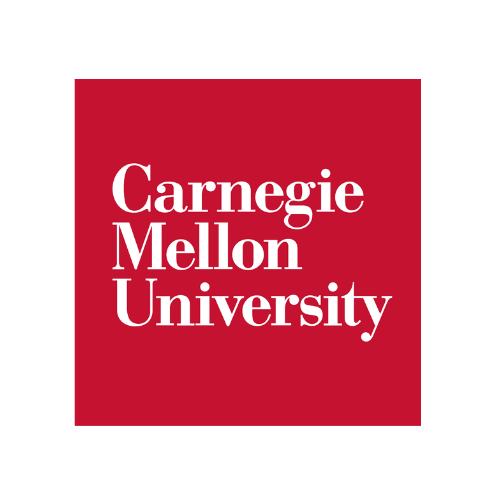


 Unofficial Transcript
Unofficial Transcript  Min GPA Requirement
Min GPA Requirement  Several Essays
Several Essays  Work Sample
Work Sample  1 Recommendation
1 Recommendation  English Test C1-C2
English Test C1-C2  Additional Requirements
Additional Requirements  Online Application From
Online Application From  Application Fee
Application Fee  Standardized Test Scores *
Standardized Test Scores *
 Activities List *
Activities List *



Application deadline: March 1ST


Learn how to create your own original games on the latest state-of-the-art technology. The National High School Game Academy (NHSGA) allows disciplined, passionate, and dedicated high school students to experience video game development using current industry best practices.
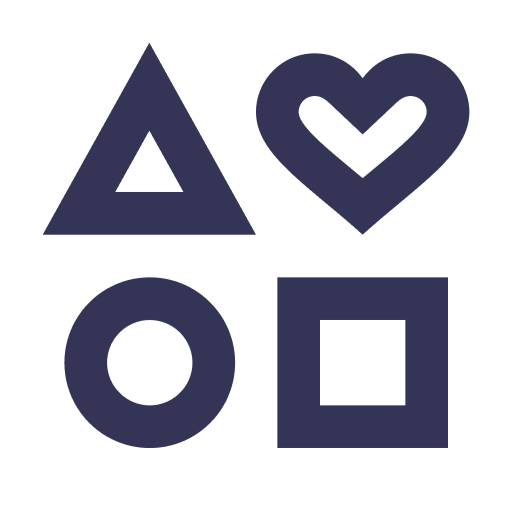 Non-credit
Non-credit
 Residential
Residential
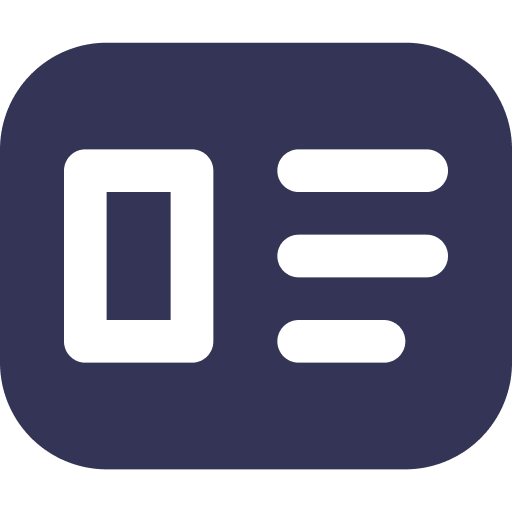 Accepts International Students
Accepts International Students
The National High School Game Academy (NHSGA) facilitates focused, passionate, and dedicated high school students to experience six weeks of video game development using current gaming industry best practices. Sharing methods and paradigms used in Carnegie Mellon's Masters of Entertainment Technology (M.E.T.) graduate program, the NHSGA teaches an innovative blend of hands-on team projects combined with in-depth traditional classwork, lecture, and discussion to “level up” a student’s skills and design thinking. The program culminates with each team creating an original game prototype which often serves as a portfolio-quality piece for the student’s college application. Every student accepted to the program can expect to contribute to every area of game development while maintaining their faculty-defined role on a multidisciplinary team.
Who should apply?
The NHSGA encourages students interested in any of the following to apply: VISUAL ARTS, MUSIC and AUDIO, GAME DESIGN, and SOFTWARE DEVELOPMENT. Prior experience in these areas is helpful but not necessary.
Students will be encouraged to expand their own creative possibilities in a unique blend of left- and right-brain college-level work. Every student accepted to the program can expect to contribute to every area of development while maintaining their faculty-defined role on a multidisciplinary team.
Students are expected to remain fully engaged throughout the six-week program, producing the quantity and quality of work required for meaningful team collaboration, attending in person every day, and arriving on time. If the student misses a critical number of days, regardless of the cause, or fails to complete the requisite quantity or quality of homework, this can result in removal from the program without a refund.
Curriculum
Carnegie Mellon University’s teaching philosophy is that all students learn by doing. The NHSGA enthusiastically embraces that philosophy, and every student will be taught the skills needed to develop video games.
In the weeks leading up to their arrival, students are emailed questionnaires by the faculty to test their game development knowledge and ascertain their skill level. The answers they provide allow us to place the students in tracks the faculty deems appropriate.
Weeks 1-2
Courses taught in week 1 include classes in the following disciplines: 2D and 3D art, software development, music composition, audio effects, game design, game narrative, team management and production, and public speaking. Every student is evaluated and either remains on their current track or is switched to a track which better suits their skillset before week 2.
One week is little time to get a sense of every student, so delivery of homework in the first week is critical. Although homework assignments are not graded in a traditional sense (A, B, and so forth), their submission is required, and the faculty give feedback. Failure to submit homework can result in removal from the program without a refund.
In week 2, students hone their skills in the role or roles to which the faculty believes they will be assigned in the group projects. These roles are ultimately assigned by the faculty based on the students’ demonstrated skill levels in their classwork.
Weeks 3-6
Students are divided into teams. No student is guaranteed any specific role on any team. These assignments are based on demonstrated skill and aptitude for collaboration. Roles are assigned with the goal of creating the best possible teams for the current project. One student on each team is chosen to be the team’s producer (a.k.a. project manager) in addition to their assigned production role. All other students contribute in their roles as assigned by faculty. Each team consists of six students: two programmers, two visual artists, one generalist (functioning as either an artist or programmer), and one composer/audio designer. By the end of the program, the student will have been assigned to two different teams and will have participated in building two different games.
All students receive in-depth instruction in all areas during the first two weeks. During that time, students attend a mix of classes. These classes teach best practices and core skills needed in game development.
This program is a rigorous and demanding six-week experience. Full participation from the first day of orientation (the Sunday before the start of class) through the final presentations (on Friday of the last day of class) is mandatory. Students must not commit to activities outside the program (examples include music lessons, team practices, recitals, online classes requiring additional homework). The NHSGA demands a student's full-time commitment while enrolled.
On-campus: residential
Curriculum includes:
WEEKS 1-2
Lectures and Workshops – Skill Building
In the first two weeks of the program, class instruction consists of daily lectures and workshops centered on crucial skills needed to build a video game.
Topics include:
- programming in Unity
- 2D art
- 3D art
- project management
- interactive storytelling
- game design
- animation
- sound design/music composition
- public speaking
Please note: All topics receive equal weight in week one. In week two, specialization may occur based on the student's demonstrated skill level.
Assignments – Putting New Skills into Practice
During the first two weeks, students have assigned homework every night from every class attended that day. We average approximately 20 total homework assignments over the first two weeks. This works out to between three and four hours of homework every night. The NHSGA instructors evaluate the homework to assess student competence and to inform team project assignments. A typical day includes seven hours of classes and three hours of homework. Homework submission and regular, in-person attendance is required for continued participation in the program.
WEEKS 3-6
Collaborative Project #1 – First Round
Student teams work on a one-week “Lightning Round” project to better understand how games are created. Role assignments are thoughtfully made by faculty based on student assessments.
Collaborative Project #2 – Second Round
After the first collaborative project, new teams build an original video game. In this project, teams are carefully selected by faculty to maximize each student’s potential for success based on performance observations.
This project begins with a pitch process where the team presents three ideas to faculty, with one selection chosen for the final project. The team builds their video game from scratch using the expertise acquired in their classwork and through daily hands-on mentoring by faculty.
PLEASE READ CAREFULLY - IMPORTANT NOTES REGARDING TEAMS, TEAMWORK, AND TEAM ASSIGNMENTS:
- Teams consist of two (2) programmers, two (2) artists, one (1) generalist, and one (1) sound designer/music composer.
- Team roles are assigned by faculty based on competence displayed in class, interviews with faculty, and (for the second project) teamwork as demonstrated during the Lightning Round.
- Students are expected to perform the responsibilities of their assigned role with the understanding that team workloads assume equal contribution from each team member.
- Work may not be done remotely. In-person, on-time attendance is mandatory for all program activities.
- When an applicant applies to the program, they should carefully consider what team role they wish to hold and assemble their application accordingly. Applicants may apply to the NHSGA as:a
- programmer (Software Development track)
- artist (Visual Arts/Graphic Design track)
- sound designer (Sound Design/Music Composition track)
- generalist (Game Generalist track)
Each category implies what team role the applicant seeks to fill. Generalists are those who believe their overall skillset would benefit their NHSGA teams but are not yet certain which role fits them best. Many students find success letting us guide their development in this way.
- If the applicant chooses a specific role when they apply, they will be evaluated against those other applicants who have applied for that role.
- No team role is guaranteed as faculty prioritizes balanced, capable teams. For example, if a student applied as a programmer yet displays a talent for sound design, they may be assigned to a project as the sound designer.
Assignments – Workload
After the game project work begins, we historically find teams often work at least eight hours every day driven by their own enthusiasm to complete their project, including weekends. Teams strive to produce quality work that can be submitted with their college applications with confidence and pride.
Presentation and College Prep – Game Time
At the end of both the first and second projects, student teams present their games to an audience of faculty, students, and guests with feedback provided.
Games will be all-original ideas, playable on hardware assigned by faculty, and designed to become a portfolio piece which students can use in the college admission process.
To be eligible for the NHSGA, students must:
- Be at least 16 years old by the program start date.
- Be a current sophomore or junior in high school at the time of application submission. (Please note: talented sophomores are encouraged to apply, however, most of our admitted students will be juniors.)
- Have an academic average of B (3.0/4.0) or better.
- Have a strong interest in the entertainment industry (film, video games, tabletop games, music, etc.) and one of the following areas:
- Software Development
- Game Generalist (willing and able to explore a variety of roles, a highly valuable team role)
- Visual Arts or Graphic Design
- Sound Design or Music Composition
- Demonstrate the ability to succeed in creative, collaborative coursework and/or projects.
- Demonstrate the motivated and hard-working attitude necessary to produce the quantity and quality of assigned work required for a program of this rigor. Students must arrive every morning on-time, rested, and ready for full participation in that day's activities. Continually demonstrating inability to fully participate may put program participation in jeopardy.
 Unofficial Transcript
Unofficial Transcript
 Min GPA Requirement
Min GPA Requirement
 Several Essays
Several Essays
 Work Sample
Work Sample
 1 Recommendation
1 Recommendation
 English Test C1-C2
English Test C1-C2
 Additional Requirements
Additional Requirements
 Online Application From
Online Application From
 Application Fee
Application Fee
 Standardized Test Scores *
Standardized Test Scores *
 Activities List *
Activities List *
The application for the NHSGA will consist of the following:
- Completed online application
- Unofficial transcript
- Standardized test scores (optional)
- One letter of recommendation
- Responses to essay prompts (included in the application)
- Examples of applicant work relevant to their specific track(s) of interest (i.e., Software Development, Visual Arts/Graphic Design, Sound Design or Music Composition, Game Generalist)
- Submission of applicant work:
-
Do not submit a link to an online portfolio. Links expire, break, and websites can be difficult/time-consuming to navigate. Instead, directly upload a document or documents.
-
It is greatly preferred that all documents and work examples should be compiled into a single PDF document. If this is problematic, a series of documents is acceptable. Especially valuable would be a video of any completed interactive work being played. Always make clear what role the student performed on any specific collaborative project.
-
No more than 10 documents or work examples should be submitted. Examples of written code are allowed, so long as the applicant explains context for what skills the code sample is designed to demonstrate. If applying for a software position, please submit a video of the game or project being played or used live.
-
If an applicant is choosing the NHSGA for both a first and second choice program with different tracks per choice, work relevant to both tracks should be submitted. It is preferred that each choice is supported by relevant work examples submitted in separate documents labeled for the appropriate track. Make it clear to the review committee which samples should be considered for which role.
All submitted documents and examples are to be labeled to include the following:- Title
-
- Medium (if artwork)
- Description (to explain the context)
- Something the applicant learned from creating the piece
-
Application Deadlines
- Early Deadline - February 1, 2026. Scholarship and international applications must be submitted by this deadline. Fixed admissions. Decisions sent on March 15.
- Final Deadline - March 1, 2026. Fixed admissions. Decisions sent on April 15.
 Jun 20 - Aug 01
Jun 20 - Aug 01
 6 weeks
6 weeks
The cost includes:
- Tuition for college-level classes taught by accomplished Carnegie Mellon University faculty.
- Housing on a vibrant and welcoming college campus (residential students only).
- Dining Services that offer diverse eating options emphasizing health, wellness, and delicious food! Dining options include (but are not limited to) vegan, vegetarian, kosher, and Halal.
- CMU ID Card with an Arts Pass providing free admission to a number of museums and venues in the Pittsburgh area.
- Free transportation on the Pittsburgh Regional Transit (PRT) system to attend organized program activities, extra-curricular Student Affairs events, or to explore all that Pittsburgh has to offer.
Additional Fees
• Application Fee - $50
• Enrollment Deposit - $800
Application Fee and Enrollment Deposit are non-refundable.
Scholarships
Full scholarships covering tuition, housing, and dining are available to students demonstrating financial need. You can elect to be considered for a scholarship within the online application.
Please note: International students are not eligible for scholarship consideration.
Scholarship Eligibility
- Be a U.S. citizen or permanent resident
- Be available to attend the entirety of the program
- Demonstrate financial need
Financial Need
Students in any of the below categories are considered to demonstrate financial need:
• Students who have received or are eligible to receive an ACT or SAT testing fee waiver.
• Students who are enrolled in or eligible to participate in the Federal Free or Reduced Price Lunch Program (FRPL).
• Students whose family income falls within or near the Income Eligibility Guidelines set by the USDA Food and Nutrition Service.
• Students who are enrolled in a federal, state, or local program that aids students from low-income families (e.g. TRIO programs such as Upward Bound).
• Students whose family receives public assistance.
• Students who live in federally subsidized public housing, a foster home, or are homeless.
• Students who are a ward of the state or an orphan.
• Students who can provide a supporting statement from a school official, college access counselor, financial aid officer, or community leader.
Documentation of financial need is required to be considered for scholarship opportunities in all available programs.
Documentation required includes tax documents or a completed NACAC Application Fee Waiver signed by your high school guidance department.




 Unofficial Transcript
Unofficial Transcript
 Min GPA Requirement
Min GPA Requirement
 Several Essays
Several Essays
 Work Sample
Work Sample
 1 Recommendation
1 Recommendation
 English Test C1-C2
English Test C1-C2
 Additional Requirements
Additional Requirements
 Online Application From
Online Application From
 Application Fee
Application Fee
 Standardized Test Scores *
Standardized Test Scores *
 Activities List *
Activities List *



Application deadline: March 1ST

Useful Resources






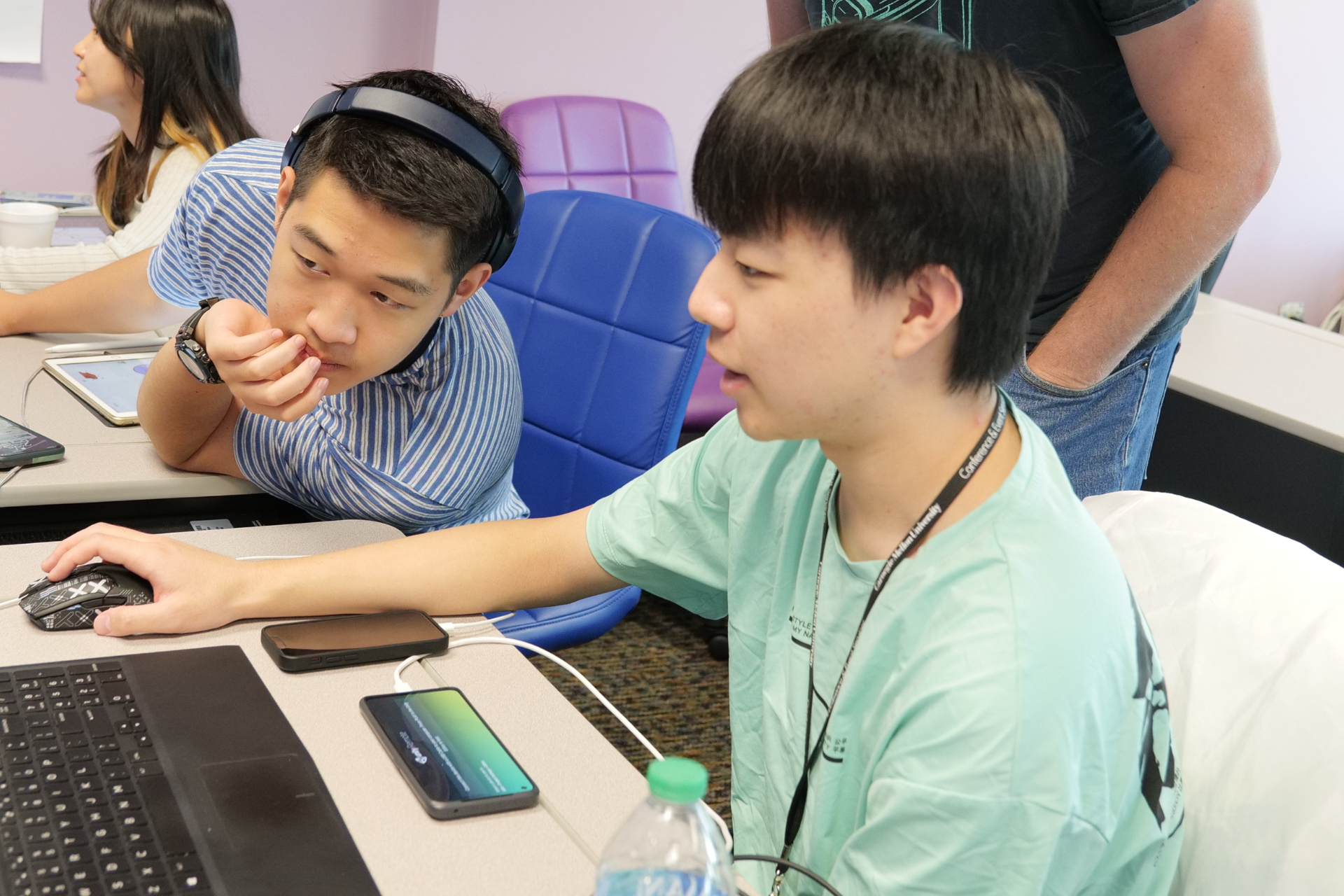
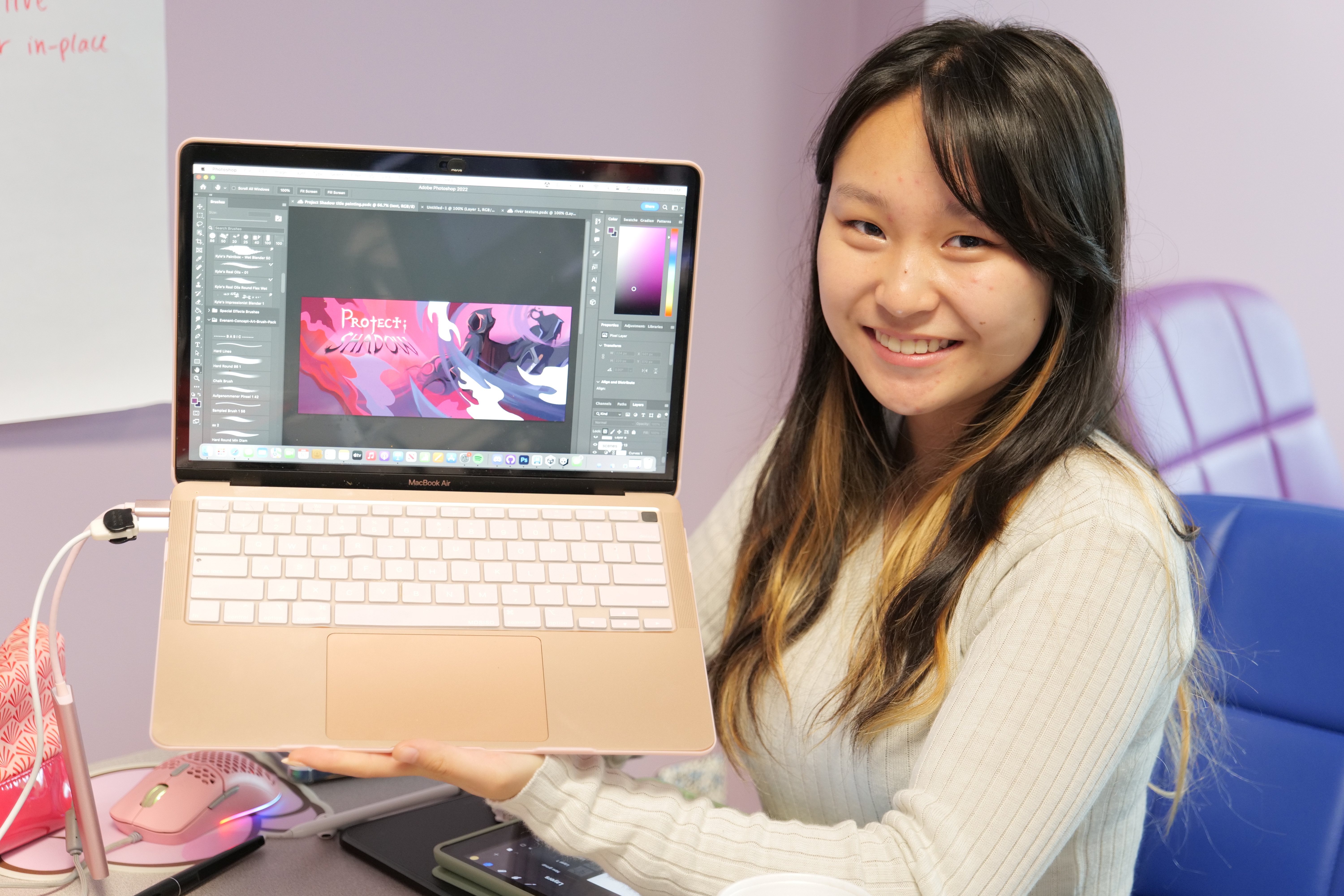





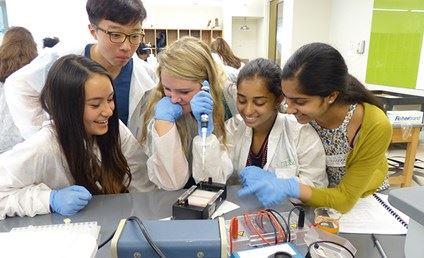

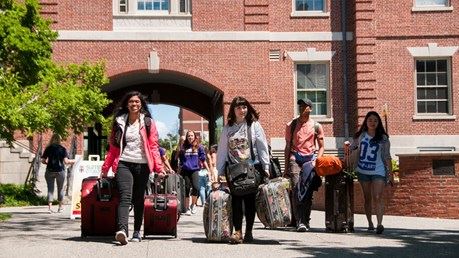
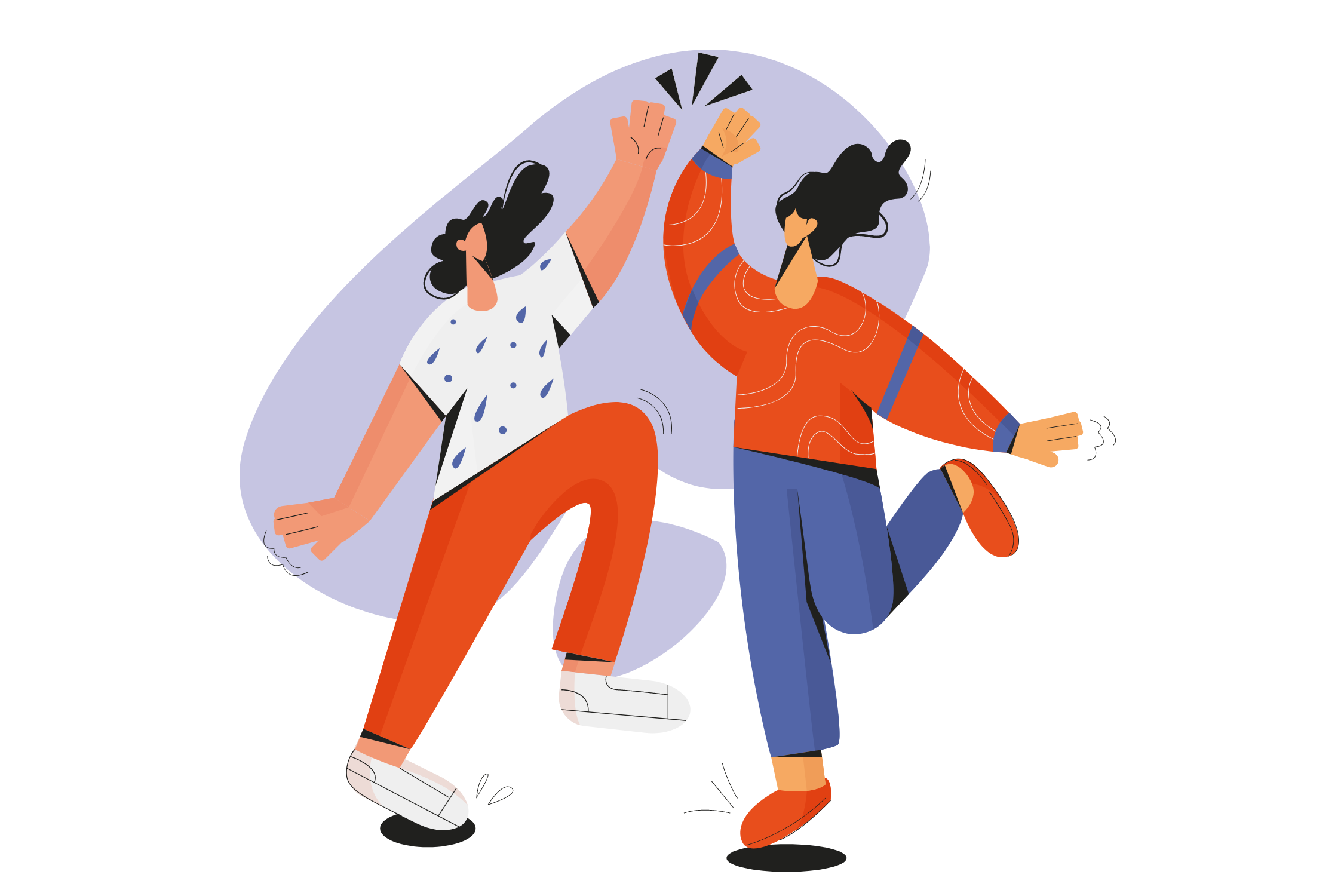
Tell us your
opinion about us